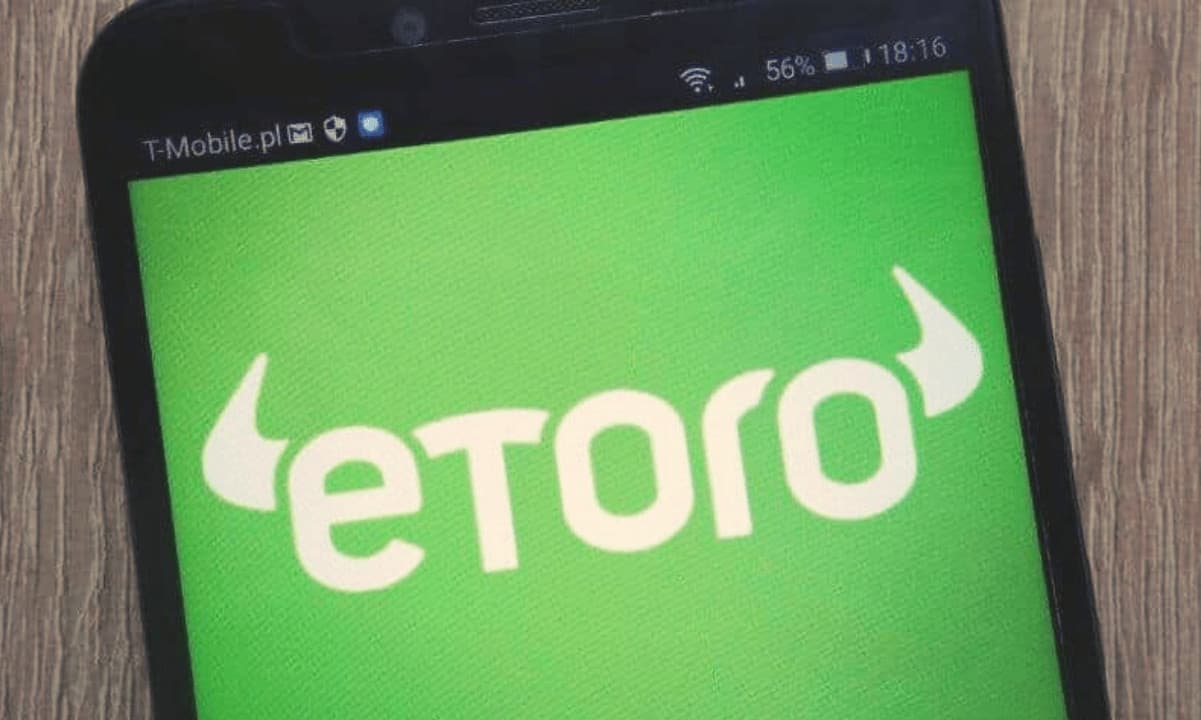Netherlands’ Central Bank Wants To Play A Vital Role In Europe’s Digital Currency
De Nederlandsche Bank (DNB), the central bank of the Netherlands, wants to play an essential role in the development and testing of the potential digital Euro. DNB believes that people are using less physical cash, and a central bank digital currency (CBDC) could be a game-changer.
DNB On Central Bank Digital Currency
The bank published a report regarding the potential usage of CBDCs in today’s economy. According to it, the adoption process could be faster than expected, as people in the Netherlands are “clearly” using less physical cash. Over 60% of all payments in the country are digital.
“A question that naturally springs to mind is whether central banks should provide a new type of money that is better attuned to the needs of citizens and firms,” the paper said.
Christine Lagarde, the President of the European Central Bank, said earlier this year that the ECB will assess the costs and potential benefits of issuing a CBDC. If a digital Euro begins developing, then the DNB is “ready to play a leading role” with the research and testing grounds, the document explained.
Such a product needs to make cross-border payments swifter, cheaper, and more convenient for all participating parties. It could also “promote diversity in the payments market,” and “foster trust in the monetary system in times of uncertainty.”
The report also added that Facebook’s Libra was “the reason why the DNB and other central banks are not considering issuing their own digital currency.”
A CBDC During A Pandemic
The Bank of International Settlements (BIS) recently issued a comprehensive study regarding the role of a CBDC in times of uncertainty, such as today’s extensive lockdowns prompted by the COVID-19 pandemic. People should avert using cash, credit card terminals, or PIN pads as they can transmit the novel virus. Thus, BIS urged world governments and central banks to focus on launching digital currencies.
DNB’s paper also touched upon this matter. The few businesses that remain open “now ask clients specifically not to pay in cash, which effectively means that only private money is accepted.”
Therefore, the race for launching a CBDC is becoming more competitive. As Cryptopotato recently reported, China has already applied for several patents and began a trial program for its CBDC.
The central banks of Russia and Sweden have also established test groups to measure the necessity and requirements before launching their respective digital currencies.
The post Netherlands’ Central Bank Wants To Play A Vital Role In Europe’s Digital Currency appeared first on CryptoPotato.









